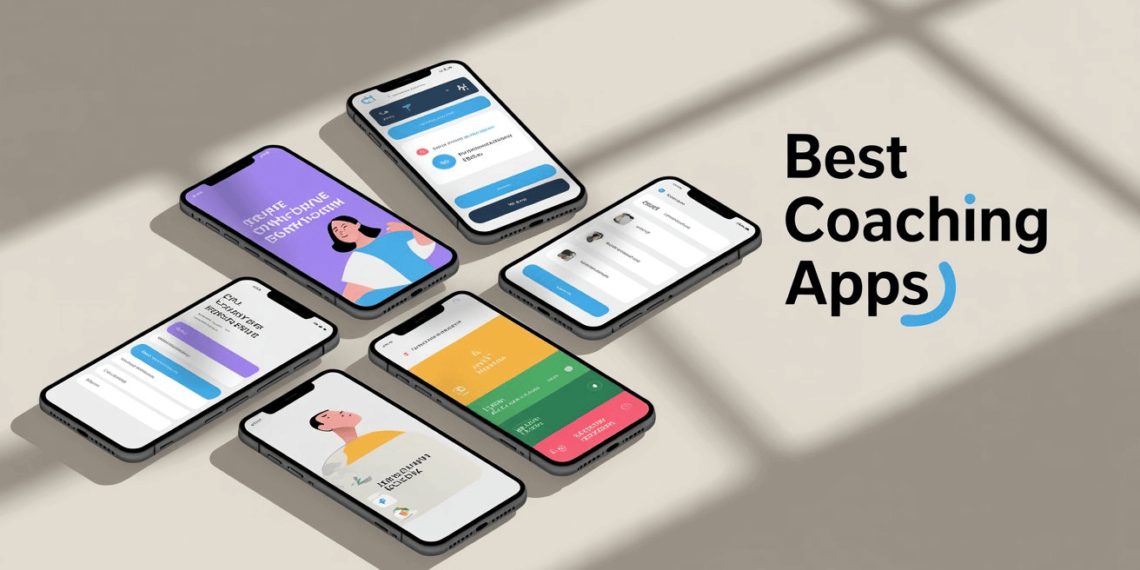If you’re a coach looking to scale your business, boost client engagement, and simplify operations, finding the best coaching apps is crucial. From habit tracking to client management and course delivery, coaching software can revolutionize the way you work while saving time and money.
Whether your niche is life coaching, wellness, career development, or performance improvement, the right digital tools can help you:
-
Streamline operations
-
Deliver high-impact coaching programs
-
Retain and grow your client base
-
Automate scheduling, billing, and communications
Let’s explore how coaching apps enhance your practice and reveal the top 10 coaching platforms for 2025.
Why Use Coaching Apps?
Coaching apps offer features that traditional tools (like spreadsheets and emails) simply can’t match. Here’s how they can improve your business:
1. Enhance Client Accountability with Habit Tracking
Apps with habit tracking features help your clients adopt and stick with new behaviors. By using simple visual rewards (like checkmarks or streak counters), these tools trigger dopamine release, reinforcing motivation just like in gamification.
2. Tap into Community for Motivation
Leading apps include community features to build connection and accountability. According to the Self-Determination Theory, intrinsic motivation thrives when we feel:
-
Competent
-
Autonomous
-
Connected to others
These platforms empower clients to engage with like-minded individuals while helping you foster deeper connections.
How Coaching Software Helps You Succeed
Here’s what the best coaching platforms allow you to do:
-
Create and deliver custom courses, exercises, and live training sessions
-
Automate content delivery using drip scheduling
-
Track client progress and follow up effectively
-
Manage bookings, payments, contracts, and communications all in one place
List of 10 Best Coaching Apps In 2025:
Now let’s dive into the list of the best coaching apps.
1. Satori:
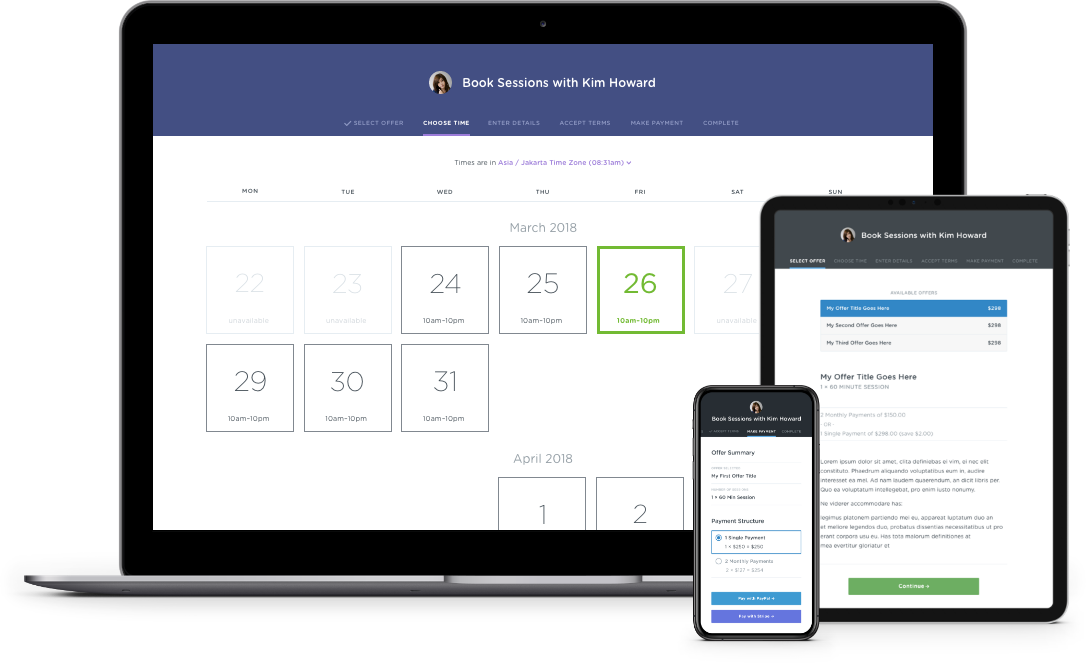
The client management tool Satori coaching is all-inclusive. The platform’s CEO and founder, Lachlan Cotter, claims that his coaching experience gave him the idea to empower other coaches by providing them with a game-changer. This perfectly describes Satori. It’s one of the most widely used coaching tools in the world. Satori generally serves three primary purposes: liberating time and energy, expanding your coaching practice, and fostering client engagement.
Satori is a comprehensive client management platform built specifically for coaches. It streamlines client onboarding, session scheduling, and package delivery.
Key Features:
-
Custom coaching packages & proposals
-
All-in-one client portal
-
Automated session reminders
-
Business dashboard for insights & billing
Pricing: $33/month
Free Trial Available: Yes
Drawback: No free tier; initial setup can be time-consuming.
2. Pluma:
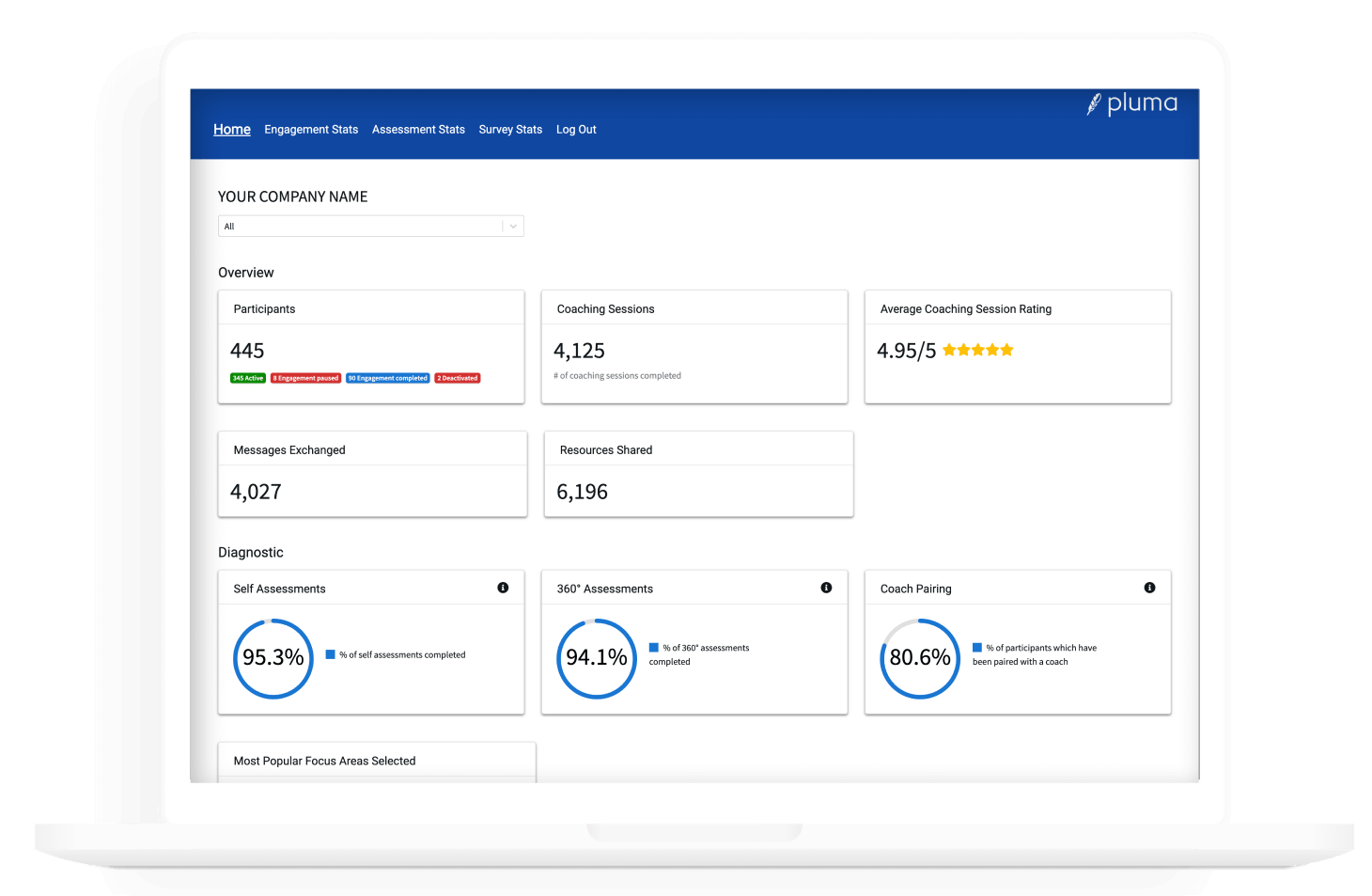
The Pluma coaching platform is slightly different from the other platforms on our list because it works with both web and mobile devices. The Pluma Skillsoft Company developed the “leadership” software. It is often designed for larger enterprises where each team member has a Pluma account that is personalized based on their personality.
Pluma by Skillsoft offers personalized leadership coaching for teams. It’s ideal for companies managing multiple clients and group coaching programs.
Key Features:
-
1-on-1 video sessions & unlimited messaging
-
Personality-based coach matching
-
Enterprise dashboard for analytics
Best for: Corporate coaching environments
3. Passion.io:
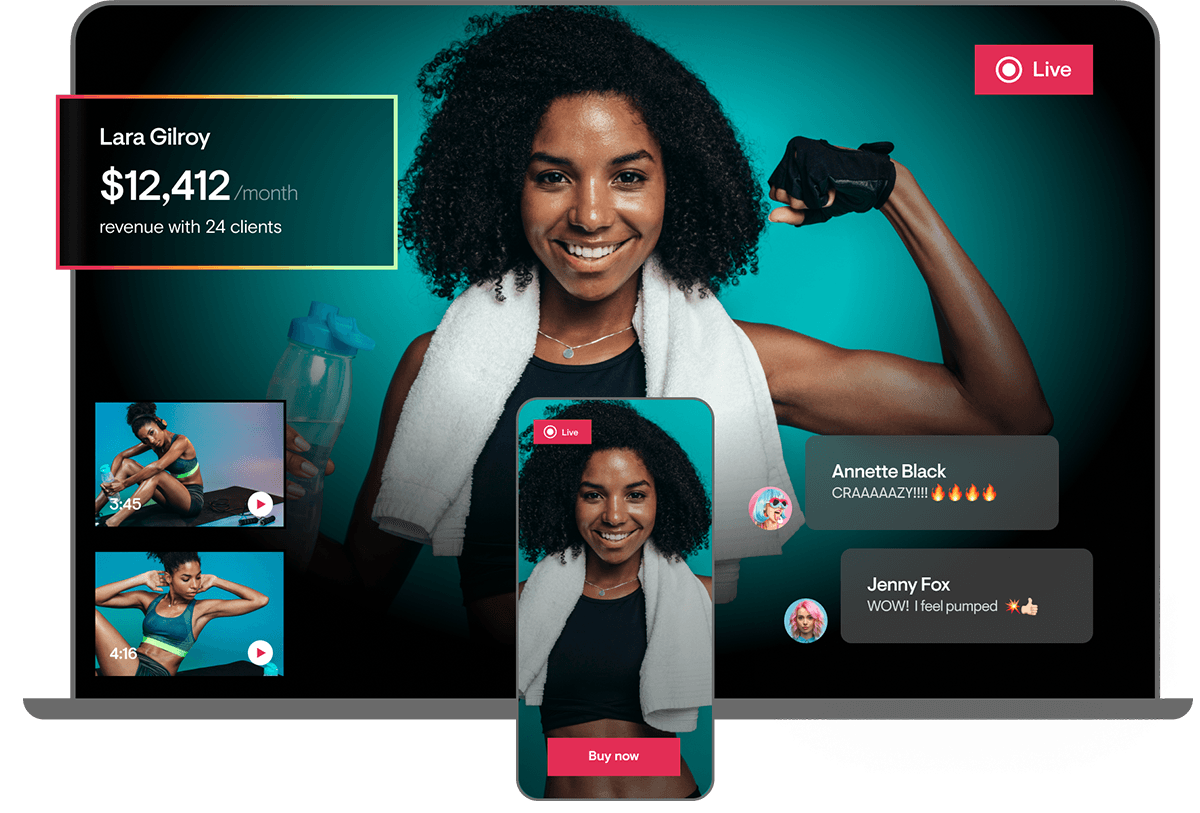
Passion.io is the only product on the market that enables online teachers and course developers to quickly and easily build mobile apps for their companies A responsive app that functions on all devices (smartphones, tablets, desktops, smart TVs, and laptops) can be made in 15 minutes using the drag-and-drop builder on passion.io.
Passion.io lets you build and launch a mobile coaching app without coding. It’s perfect for coaches looking to scale through mobile-first learning.
Key Features:
-
Drag-and-drop app builder
-
Content drip scheduling
-
Push notifications
-
Live video streaming
-
One-time or subscription-based payments
Pricing: Tiered plans; free trial available
Why It’s #1: Full-featured and mobile-first
4. Quenza:
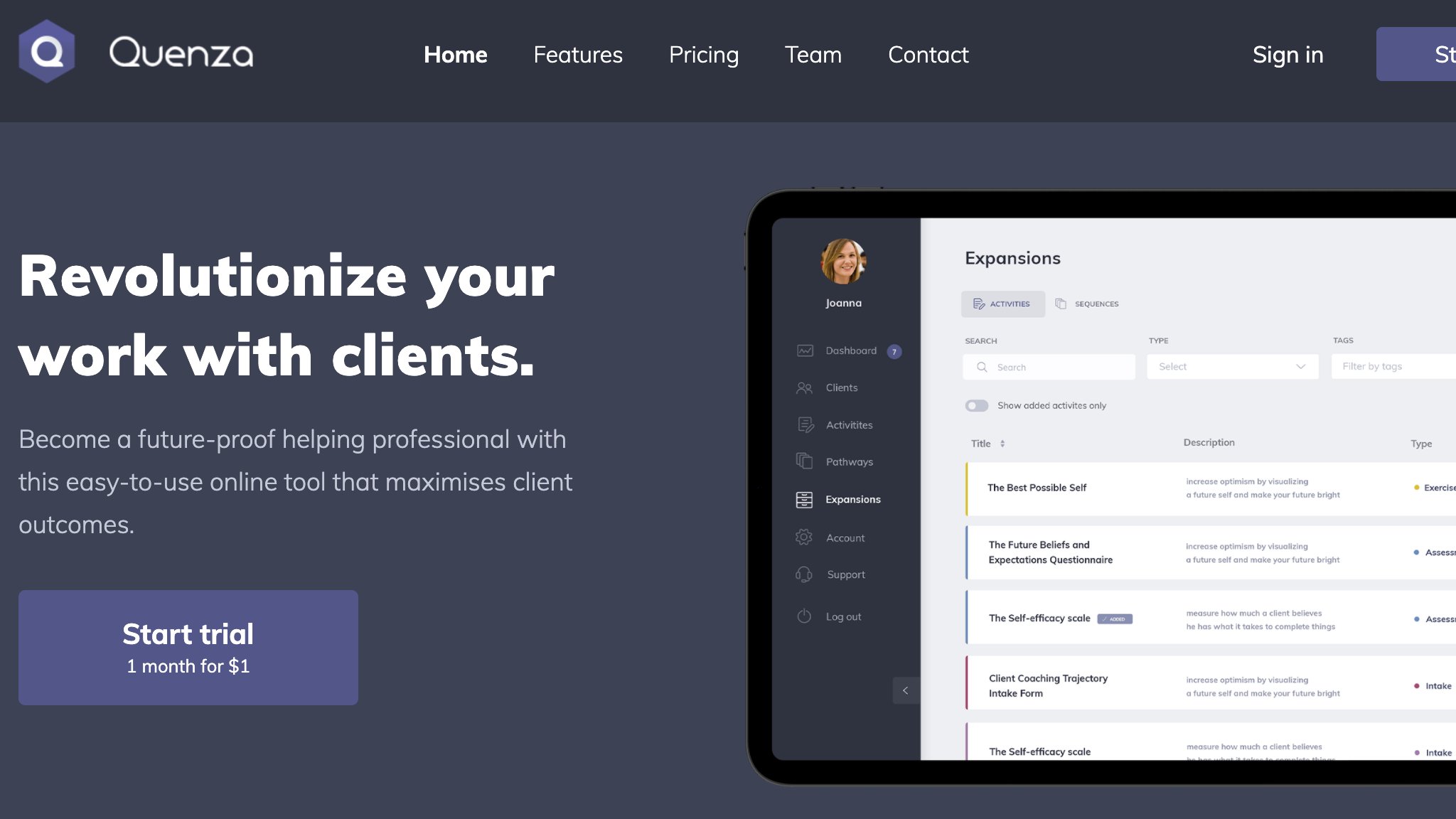
One of the few coaching apps with as much capability is Quenza, which helps coaches market their packages effectively. A platform is a flexible tool coaches can use to bundle their services for the digital age. Push alerts, online surveys, and multimedia are a few of the primary elements that distinguish this app. Quenza’s stress-free activity builder allows coaches to construct lessons, tests, and exercises that customers may access and finish from their computers and mobile devices.
Quenza helps coaches build interactive learning journeys and securely share them with clients.
Key Features:
-
Drag-and-drop activity builder
-
Secure, HIPAA/GDPR-compliant portal
-
Drip content via “pathways”
-
Multimedia messaging
Limitations: No built-in payment processing
Best For: Coaches creating structured learning modules
5. Notion:

You need a system that makes it simple to organize all the information you encounter to run a successful tutoring business. Meeting minutes, tasks and projects that track customer progress, a CRM with client data, etc., are examples of this. To perform all of that in the past, you required numerous instruments. Consider using a specific project management application like Trello, a CRM like Salesforce, a spreadsheet program like Microsoft Excel, editing software like Google Docs, etc. These days, you can organize everything in project management and note-taking tool like Notion.
Notion is an all-in-one workspace for organizing your coaching business. Use it to build a CRM, track goals, and manage project workflows.
Key Uses:
-
Store meeting notes & client data
-
Manage coaching programs with Kanban boards
-
Collaborate and share resources easily
Best For: Coaches who love customization
6. Buffer:
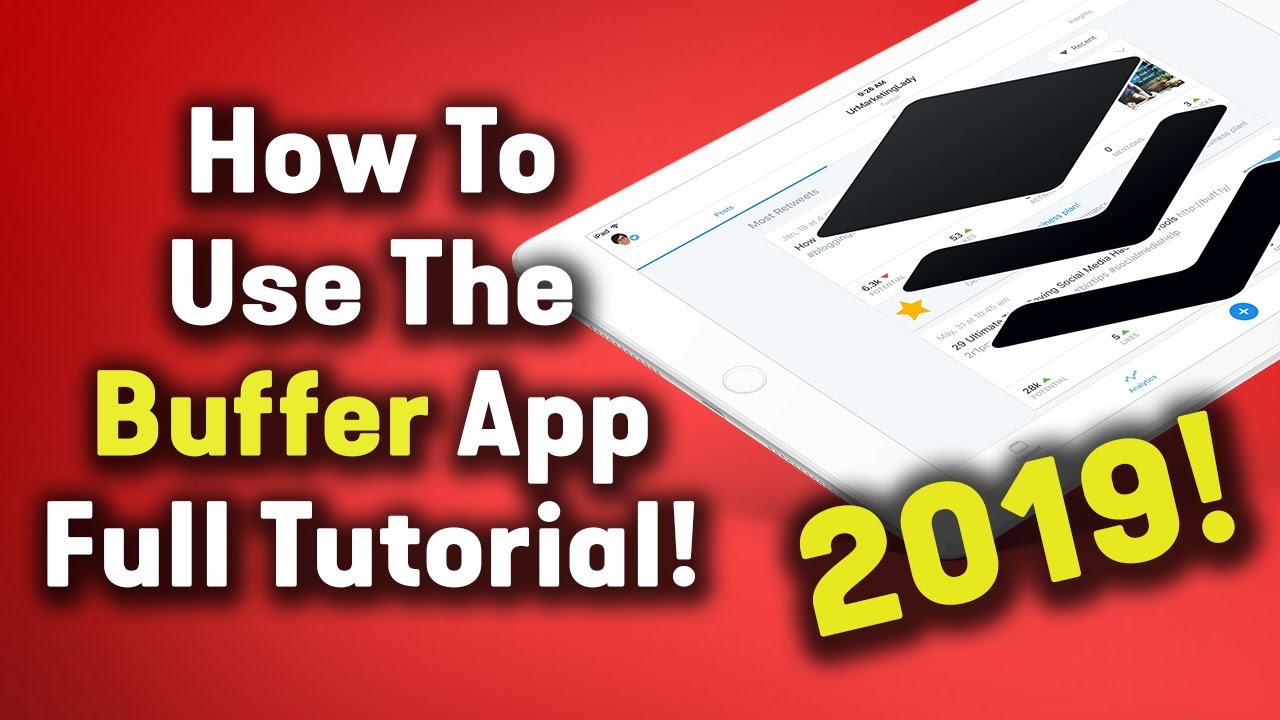
For coaches to successfully develop their online personal brand, they must be active on social media platforms like Twitter, Facebook, Instagram, and LinkedIn. You can locate your audience, make relationships, and generate leads with social media at no cost. The warning is that spending too much time on social media will completely overwhelm you and prevent you from working on your actual business. Therefore, you must define boundaries. The ideal balance is to check the feed less frequently, plan posts, and still respond as soon as possible to comments and direct messages.
Buffer helps coaches build their brand by scheduling and managing social media content across multiple platforms.
Key Features:
-
Post scheduling for LinkedIn, Instagram, etc.
-
Engagement tracking
-
Desktop dashboard for DMs & comments
Ideal For: Coaches growing on social platforms
7. Mighty Networks:
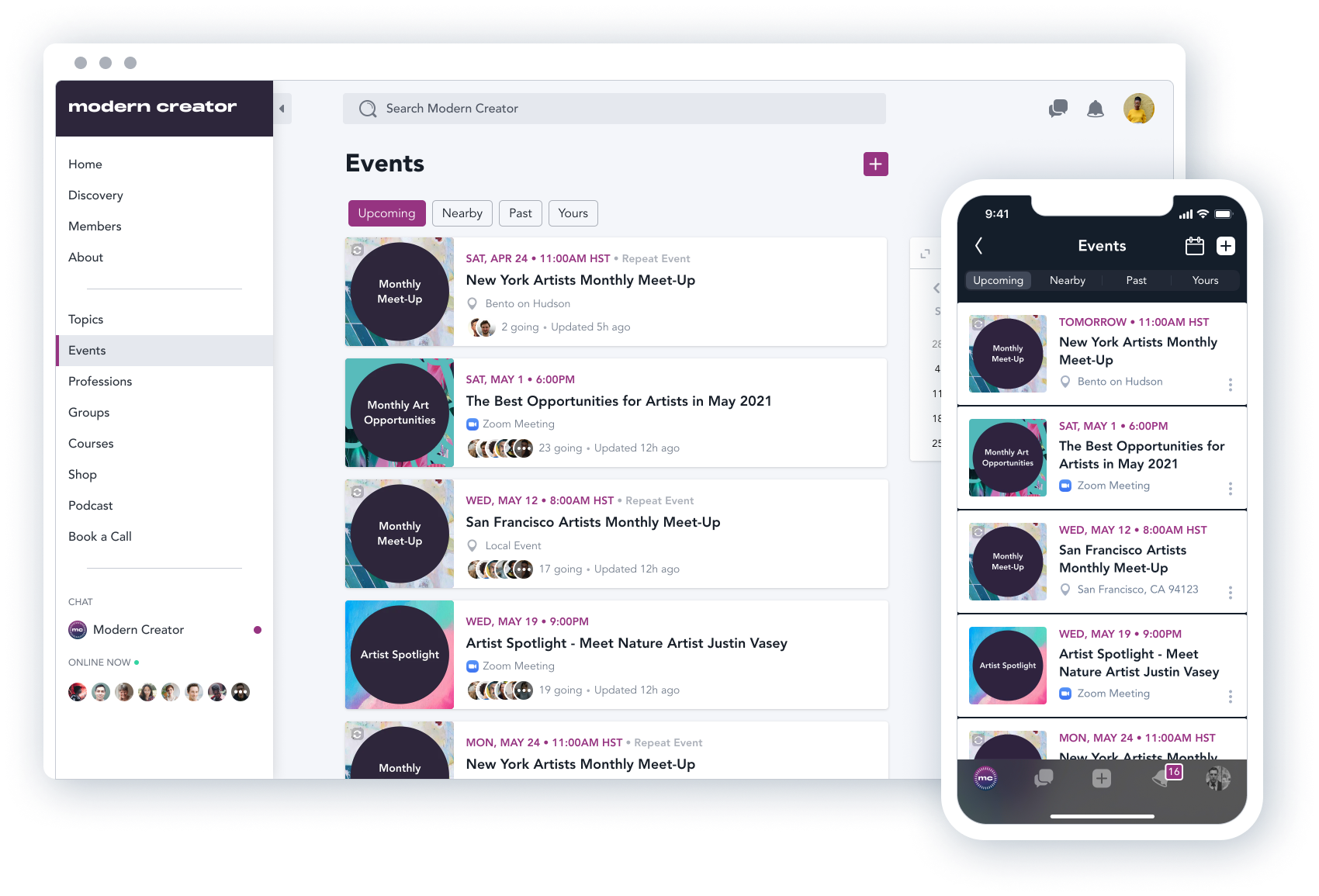
Mighty Networks provides you with almost everything you need to establish your coaching business and build a fantastic clientele. With Mighty Networks, a white-label community platform, you can create and sell coaching access or packages, manage subgroups, create interesting courses (synchronous and asynchronous), and more. It also has a terrific app that lets your clients access the platform anywhere.
Mighty Networks allows you to create a white-label community and run both 1-on-1 and group coaching.
Key Features:
-
Subgroups and member segmentation
-
Course creation tools
-
Event scheduling
-
Native mobile app
Perfect For: Group coaching & community building
8. Noomi:
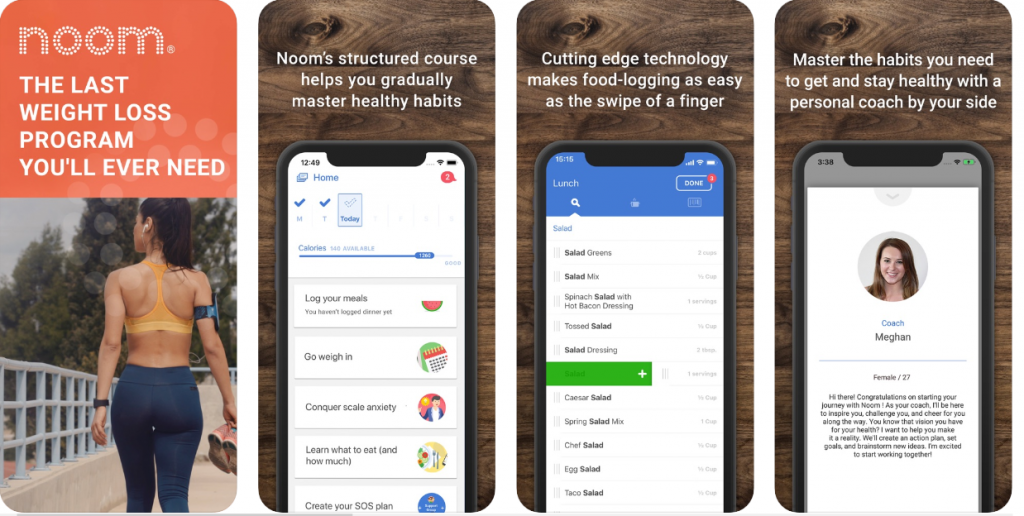
Noomi is one of the most well-known options if you’re seeking an online coach marketplace where you may offer your services while also managing your coaching business. It has a vast pool of coaches for almost any demography or area of expertise. Noomi’s onboarding procedure and structure must be followed if you wish to become a coach there; this will involve a call with them to get accepted and the creation of a video for your profile. Once you’ve done that, the site will add you to its database of coaches, where potential clients can message you and arrange a free consultation if they’re interested in working with you.
Noomi is an online coaching marketplace where you can list your services, get discovered by potential clients, and offer free consultations.
Key Features:
-
Lead generation via platform search
-
Video profile creation
-
Client messaging system
Tip: Best suited for new coaches looking to attract clients.
9. Thinkific:
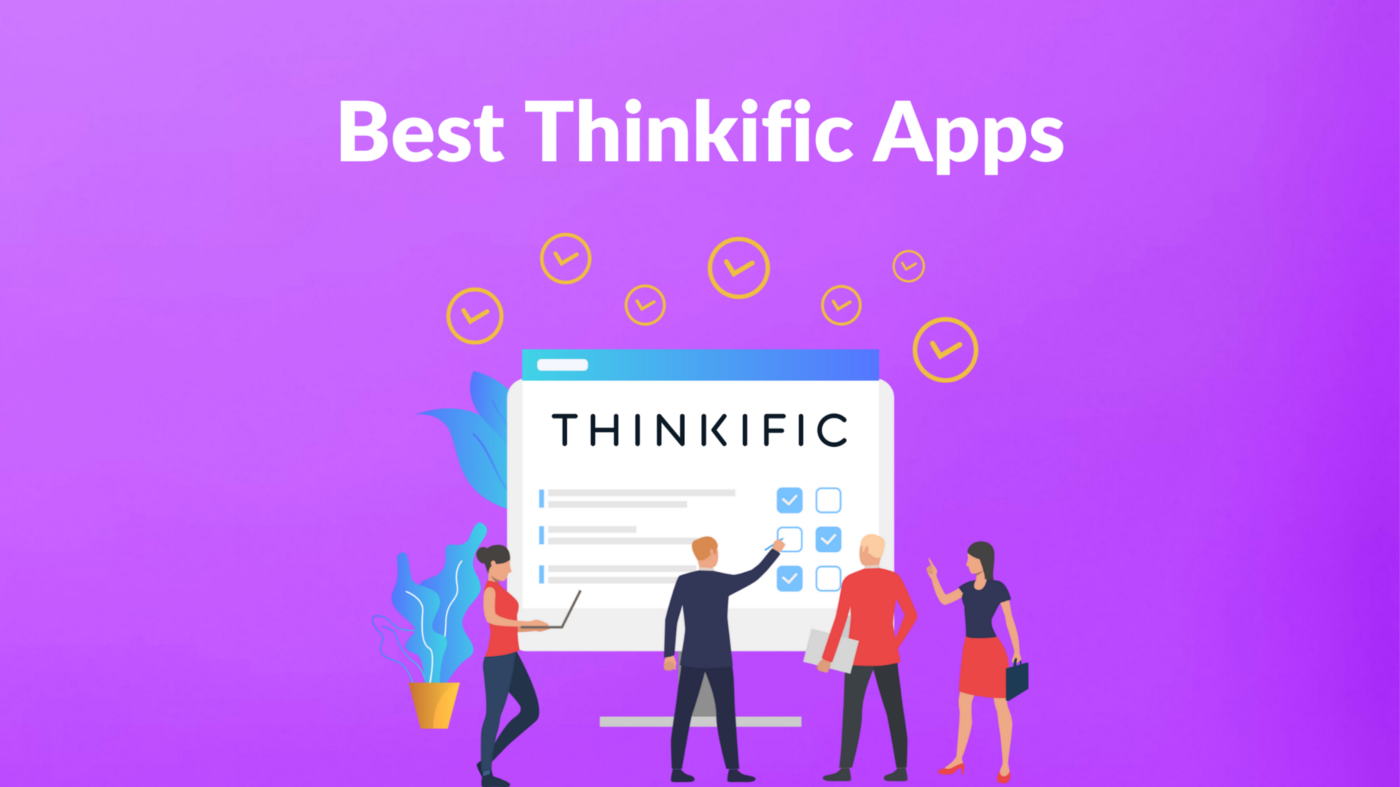
Thinkific is the last platform we’ll mention in this article. It offers coaches yet another platform to create and market their courses. Thinkific provides the functionality to add a plugin to run your courses if you’re a coach who already has a WordPress website. With a drag and drop course builder, it allows teachers to modify the course design. It also offers various possibilities for marketing courses, such as selling through affiliates. It will enable you to trade in 100 different currencies and works with Stripe and PayPal as payment methods.
Thinkific lets coaches build and sell online courses, with flexible monetization and drag-and-drop functionality.
Key Features:
-
Affiliate marketing support
-
WordPress plugin available
-
Stripe & PayPal integrations
Limitations: Limited community and event management features
10. Paperbell:

One of the most excellent tools for instructors is Paperbell, which allows for payments, scheduling, and service delivery. The app eliminates the need for a brick-and-mortar presence, allowing you to turn your coaching services into a legitimate business. Paperbell might be a fantastic option for you if you’re an online coach looking to sell your packages without having to use many different tools and want the process to be simple.
Paperbell is an all-in-one platform for coaching sales, scheduling, and client management.
Key Features:
-
Build packages with sessions, surveys, and contracts
-
Create landing pages
-
Manage payments (including subscriptions)
Great For: Coaches who want a simple, powerful setup
Final Thoughts: Which Coaching App is Right for You?
Choosing the best coaching app depends on your goals. Here’s a quick guide:
| Goal | Best App |
|---|---|
| Launch mobile courses | Passion.io |
| Manage clients | Satori or Paperbell |
| Build a community | Mighty Networks |
| Get new clients | Noomi |
| Create structured learning | Quenza |
Our Top Pick: Passion.io Ideal for mobile-first coaches who want to scale fast and keep clients engaged on the go.
Frequently Asked Questions
What features should I look for in a coaching app?
Look for:
-
Scheduling tools
-
Payment integration
-
Habit tracking
-
Communication features
-
Mobile access
-
Custom branding
Can I use more than one coaching app?
Yes! Many coaches combine tools e.g., Passion.io for course delivery + Buffer for social media + Notion for backend organization.
I’m Maxwell Warner, a content writer from Austria with 3+ years of experience. With a Media & Communication degree from the University of Vienna, I craft engaging content across tech, lifestyle, travel, and business.

